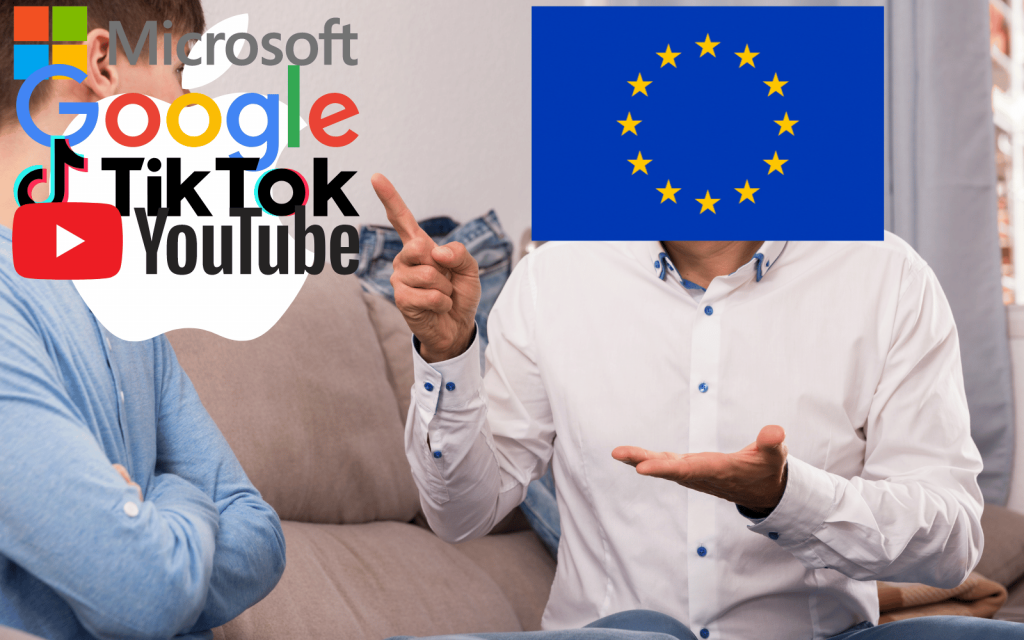The European Union’s wide-ranging Digital Services Act came into effect on 25 August to provide much-needed oversight for “very large online platforms” which the EU defines as having over 45 million users.
They now “must apply the new law,” tweeted European Commission President Ursula von der Leyen. “We’re bringing our European values into the digital world. With strict rules on transparency and accountability, our Digital Services Act (DSA) aims to protect our children, societies and democracies.”
The new DSA laws have far-reaching consequences for the 40 Big Tech firms if they fail to stop abuse, misinformation, propaganda, child porn, vaccine denialism, and the selling of fake and counterfeit goods.
The companies affected include; Apple’s App Store, Facebook, Instagram, Alibaba, AliExpress, Booking.com, LinkedIn, Pinterest, Snapchat, TikTok, Twitter (or X if you insist), Wikipedia, German e-tailer Zalando, Microsoft’s Bing, Google’s Search, Maps, Shopping, YouTube, as well as its Play Store.
EU’s Digital Services Act flexes its muscle
The main regulations include:
- mitigating against “disinformation or election manipulation, cyber violence against women, or harms to minors online,”
- measures to counter illegal content online, including illegal goods and services,
- “new rules to trace sellers on online marketplaces” and an obligation to “randomly check against existing databases” for counterfeit goods
- Wide-ranging transparency measures and “transparency on the algorithms used for recommending content or products,
- new “obligations for the protection of minors on any platform in the EU,”
- bans on “targeted advertising by profiling children” or by “personal data such as ethnicity, political views or sexual orientation”
- a “ban on using so-called ‘dark patterns,’ referring to misleading tricks that manipulate users into choices they do not intend to make”.
Read More: Google slated for platform dominance
These have to be observed across the whole European Union – and the penalties are very severe. A fine of 6% of the firm’s global turnover can be levied.
If only South Africa’s own watchdogs would show as much muscle.




